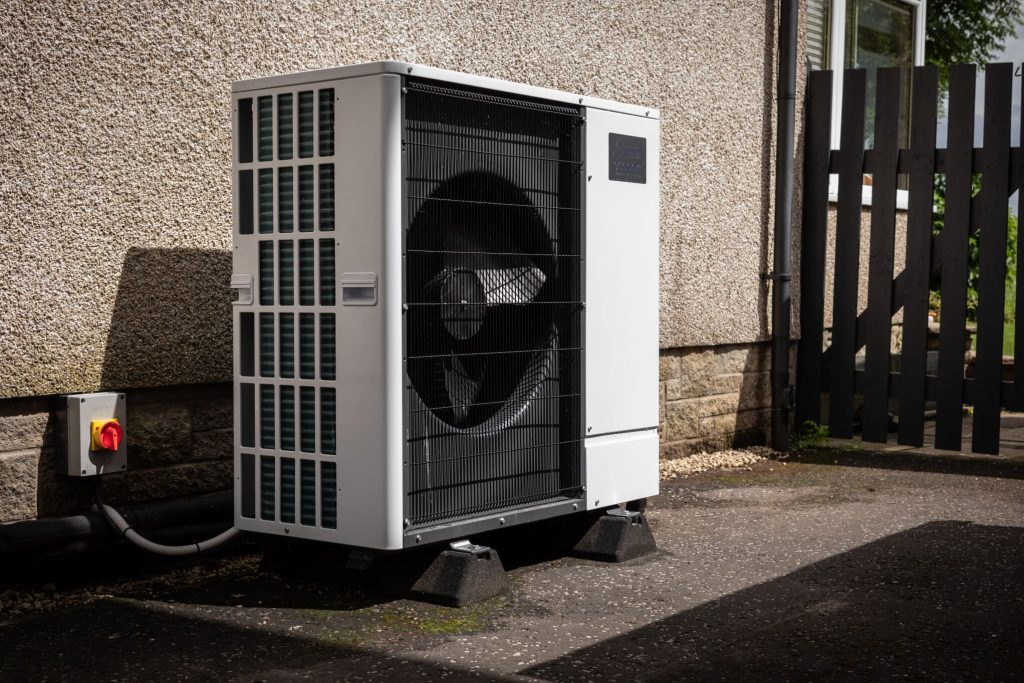Heat pump solutions are becoming an increasingly popular choice for homeowners and businesses looking to maximize heating efficiency. These systems work by transferring heat rather than generating it directly, making them an energy-efficient alternative to traditional heating methods. Unlike conventional heating systems, such as furnaces or boilers, which burn fuel to create heat, heat pumps move heat from one place to another. This process involves extracting heat from the air, ground, or water outside and transferring it into a building to provide warmth during colder months. In warmer months, the system can be reversed to act as an air conditioner by moving heat from inside the building to the outdoors. One of the main advantages of heat pumps is their ability to deliver more heat energy than the electrical energy they consume. For instance, a heat pump can provide up to three times more heat energy than the electricity it uses, offering a significant boost in energy efficiency. This is particularly beneficial in reducing energy consumption and lowering utility bills. As a result, heat pumps are recognized as one of the most sustainable and environmentally friendly options for heating and cooling spaces.

By reducing the need for fossil fuels and minimizing carbon emissions, heat pumps play a crucial role in supporting green building practices and helping to meet sustainability goals. Moreover, modern heat pumps are designed with advanced technology to maximize heating performance. Features like variable-speed compressors and intelligent thermostats help optimize the system is efficiency. Variable-speed compressors adjust the flow of refrigerant based on the heating demand, ensuring that the system operates at peak efficiency. This reduces energy waste and prevents unnecessary wear on the equipment. Smart thermostats allow homeowners to fine-tune their heating schedules and adjust temperatures remotely, further enhancing energy savings. Additionally, advancements in the design of heat pumps Jnod have made them suitable for use in a wide range of climates, including very cold regions, where they can still perform efficiently even at low outdoor temperatures. When properly installed and maintained, heat pumps can provide reliable and consistent heating for homes and buildings. Routine maintenance, such as cleaning filters, checking refrigerant levels, and inspecting the system for any issues, is essential to keep the system running smoothly and efficiently.
It is also important to choose the right size heat pump for the specific heating needs of a building. An undersized system will struggle to maintain a comfortable temperature, while an oversized unit will consume more energy than necessary. Proper installation by a trained professional ensures that the system operates at its optimal capacity, further enhancing its efficiency and lifespan. Overall, heat pump solutions provide an effective way to maximize heating efficiency while reducing energy consumption and environmental impact. Their ability to provide both heating and cooling in one system, coupled with their low operating costs, makes them an attractive choice for those looking to reduce their energy footprint. As technology continues to evolve, the efficiency and performance of heat pumps will only improve, making them an increasingly viable option for sustainable and cost-effective heating solutions.